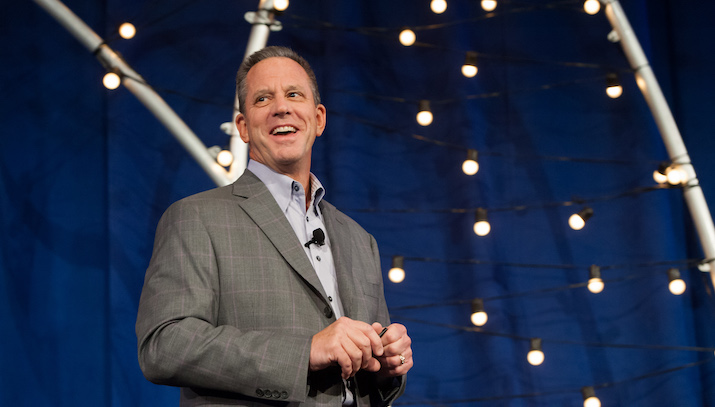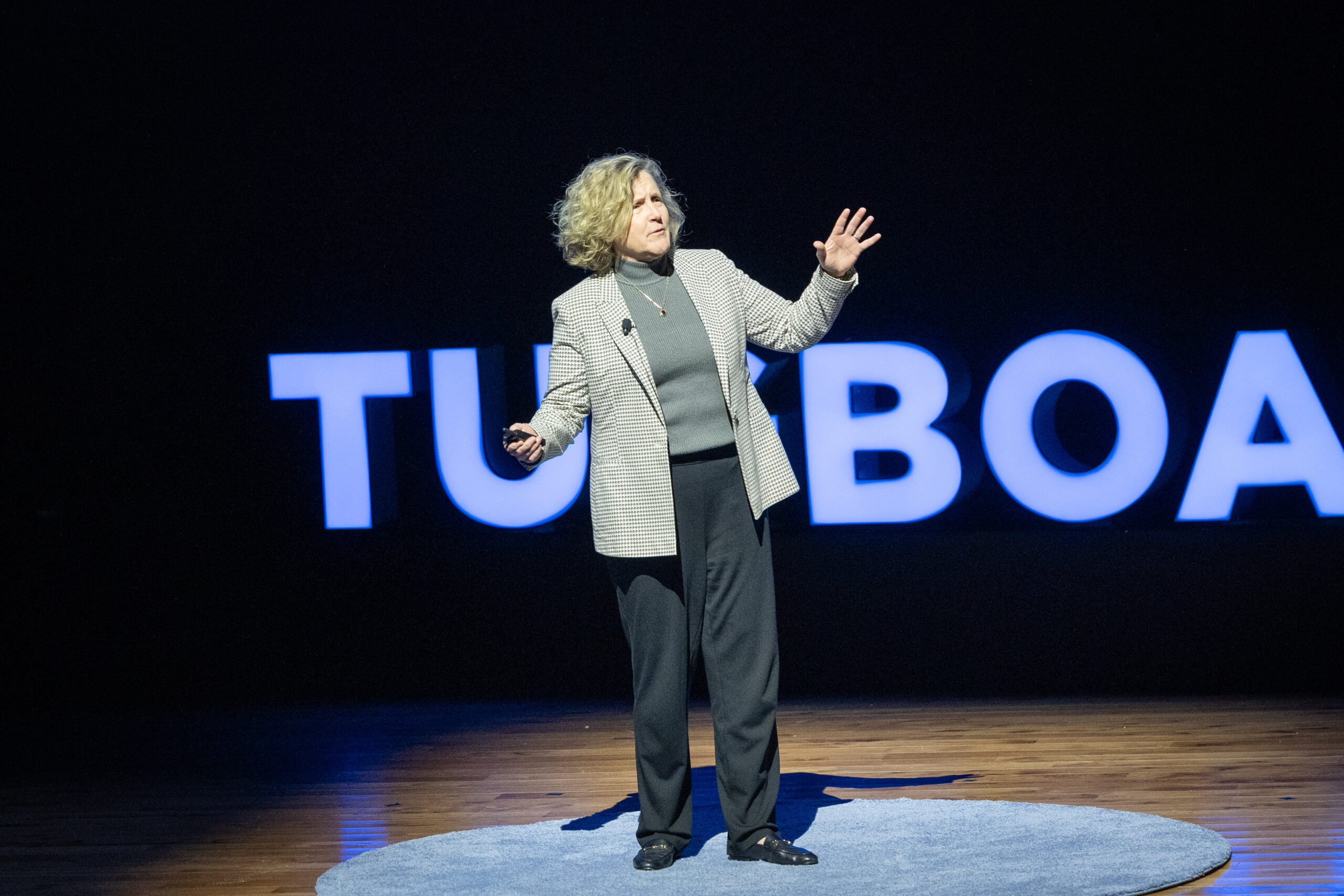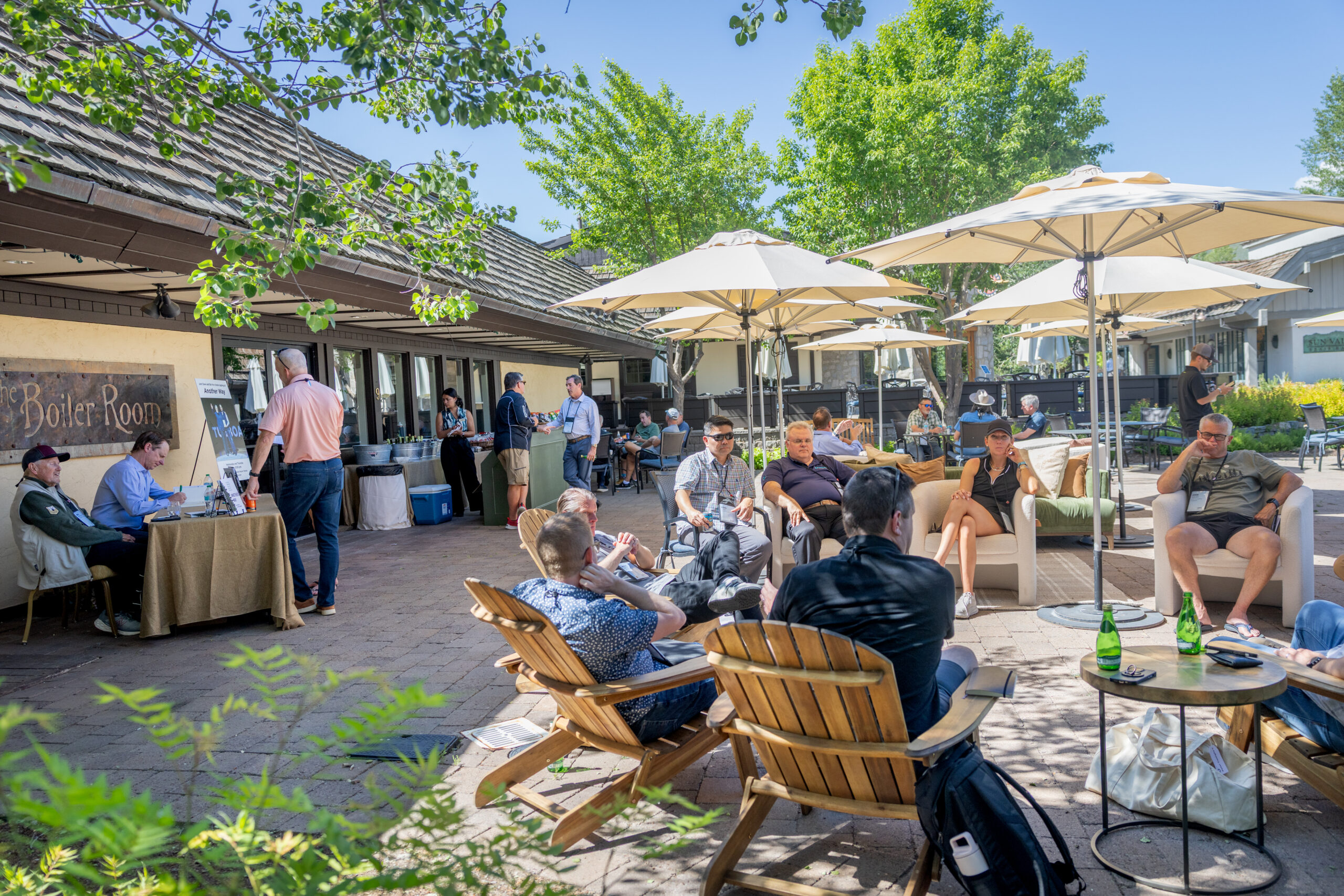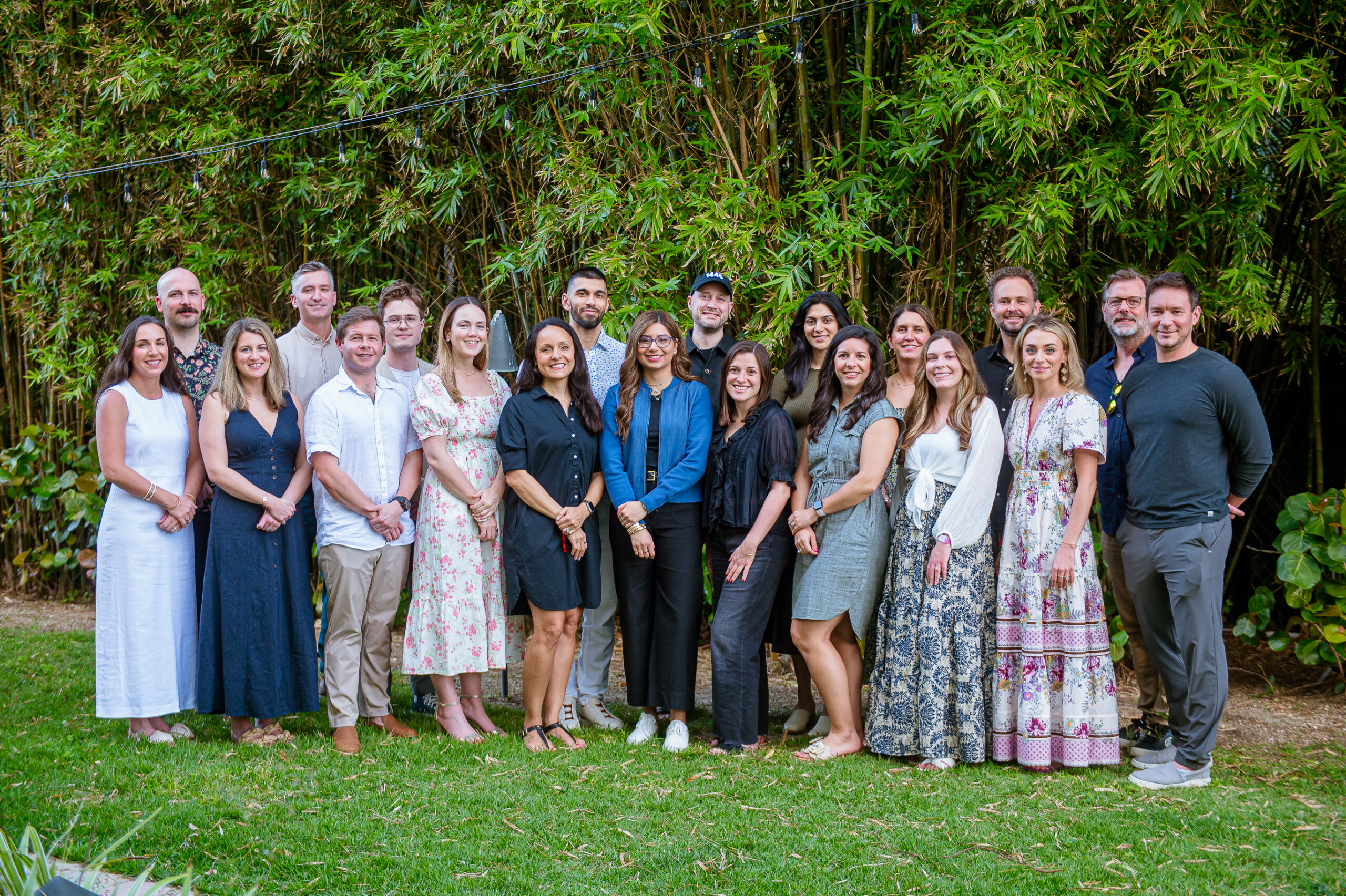

First, Take Care of Each Other
- David Peckinpaugh
- Maritz Global Events
[A note from Tugboat Institute: Please note the author’s postscript at the end of this article, in which he comments on the connection of this topic to the impact of the COVID-19 pandemic.]
In 2011, when I stepped into my role as President of Maritz Global Events, our company culture had been negatively impacted by the Great Recession. The meetings and events industry generally had been hit hard, and our company was no exception. Focused on doing their jobs and avoiding fallout, employees were hunkered down, and the culture reflected a widespread sense of trepidation.
As an incoming leader, the situation presented an interesting opportunity for me to establish a more open and engaged culture. Early on in my career, I had the great fortune to work for a company called Conferon, which believed in the power of culture and what it can mean to the performance of an organization and its people. At Conferon, the core value—“First, take care of each other”—had been the north star and foundational principle for a powerfully positive culture.
Conferon’s founder believed that if you take care of your employees and ensure their satisfaction to the greatest extent possible, everything else will fall into place—including, but not limited to, financial performance, customer satisfaction, and retention of both existing and new talent. This core value, shared among all employees, drove the actions, decisions, and behaviors of the company.
With that experience, I knew that prioritizing culture would be my first initiative in my new role. Fortunately, while the company was emerging from difficult times, it had, since its founding in 1958, defined itself as a “people-based culture.” The core commitment to people was there—however there was little formal structure upon which to build out culture.
Over the next year, we began a phased initiative to craft a framework for our culture. We first embarked on a learning journey, taking advantage of a local training group, Barry Wehmiller Leadership Institute. From that learning experience, our leadership team went off-site for a three-day strategic planning session, during which we tore the company down to the studs, and then rebuilt the vision, the mission, and the core values together.
Central to our new framework was the value we had embraced at Conferon, which had been so formative to my leadership development—“First, take care of each other.” We reframed that value to include Maritz Global Events employees, clients, suppliers, and our communities. Having crafted our vision, mission, and core values, we then worked to articulate our Purpose, or “why,” engaging not just company leadership but our entire team. The result of those months of effort—clearly defined vision, mission, core values, and Purpose—provided the framework for the culture that has been developing since that time.
From that place, within the year that followed, several essential programs and practices were implemented to operationalize culture. First, we embraced the ethos of the dual bottom line—measuring our success in terms of fiscal performance and people performance.
Second, we eliminated traditional, annual employee reviews and replaced them with an aspirational coaching model, which is a continuous 360° conversation between manager and employee. We created the model and then trained extensively across the organization to drive a different type of accountability. Making that change has been instrumental in bringing our culture to life.
Third, we committed to creating an opportunity for our people to embrace a broader purpose beyond the walls of our company. We formed a grassroots committee of employees to support ECPAT-USA — part of a global organization dedicated to eliminating human trafficking with a focus on children. We felt it was critically important for us to get involved in this cause because our industry—built upon transportation hubs, convention centers, and hotels—is one of the main conduits through which human trafficking occurs. The decision to come together around this cause has broadened our cultural initiative beyond company and industry walls, allowing our people to embrace a Purpose that really makes a difference everywhere we go and has become an important connection point.
In 2012, having taken these significant steps to create a framework and build out our culture, we had the opportunity to challenge ourselves by acquiring and integrating a new company. This was an especially meaningful experience for me because the company we acquired was Experient—formerly known as Conferon—where I had first come to understand the true power of culture.
In my view, integrating culture is the most important piece of M&A (and often overlooked). In this case, I had a lot of confidence in the process because I knew we had done the prerequisite culture work on our side and were already on the right journey and that, together, the two cultures would not only complement on another but actually help grow and accelerate a positive culture across the whole organization.
In retrospect, an early step in this process that I think contributed to our success was to tap a leader of Maritz Travel and a leader at Experient to head up what we called an “optimization initiative,” which included 10 different work streams that were identified as critical to that acquisition, culture being one of them. Those two leaders then created teams made up of members of both organizations and they worked in collaboration to craft what our new combined organization would look like. They asked, “What needs to be combined? What needs to be kept separate? What needs to evolve?” That allowed the Experient team to understand our culture as it was reflected in the thoughtful integration process and connected our teams right away.
Today, our focus on prioritizing culture has led to Maritz Global Events being recognized as one of the best places to work in the events industry, based on direct employee survey results, providing us external indicators of the strength of our culture. Beyond the external validation, I see the strength of our culture reflected in the high level of participation company-wide in key initiatives linked to culture, like our fight against human trafficking and the aspirational coaching model. And, our turnover is in the single digits. Maybe more important, if you were to walk around our offices today and ask employees what our core value is, they would be able to tell you that it’s “First take care of each other.”
All that said, we’re not perfect. Developing culture is a journey, but we know we have an Evergreen time horizon to continue to grow and improve.
07.07.2020 Postscript
The Evergreen 7Ps™ principles are the foundation of a purpose-driven company. As Maritz Global Events has navigated the hazards of the current pandemic, leaning into the principle of People First (Maritz Global Event’s signature core value is “First, Take Good Care of Each Other”) has been a guiding light, while also an immense challenge. The face-to-face events and hospitality industry has been decimated as a result of COVID-19. In the U.S., 75 percent of hotels have been closed, gatherings of 50 or more have largely been banned, and the airlines have greatly reduced capacity. It is estimated that this pandemic will have at least nine times the negative impact on our industry than 9/11, with over $1.2 trillion in losses (and growing).
With these sobering statistics, navigating this crisis with a People First perspective front and center has been essential. Every decision we’ve made as a company is wrapped around this belief – the best way to take care of our people is to do everything we can to ensure we have a viable business to return to when the recovery comes. We’ve remained committed to viability and treating our people with empathy and respect when delivering the most difficult of all decisions – furloughing employees, eliminating positions, and reducing compensation and benefits. As a leader, maintaining a viable business with great employees is the ultimate responsibility. During times of crisis, culture is more important than ever. Staying true to one’s purpose will ensure that our Evergreen companies endure.
David Peckinpaugh is President of Maritz Global Events.
More Articles and Videos

Both/And Thinking: Harnessing the Positive Potential of Tensions
- Marianne Lewis
- Carl L. Linder College of Business, University of Cincinnati

Leading Through Uncertainty – Tugboat Institute® Summit 2025
- Jackie Hawkins
- Tugboat Institute

Get Evergreen insight and wisdom delivered to your inbox every week
By signing up, you understand and agree that we will store, process and manage your personal information according to our Privacy Policy




